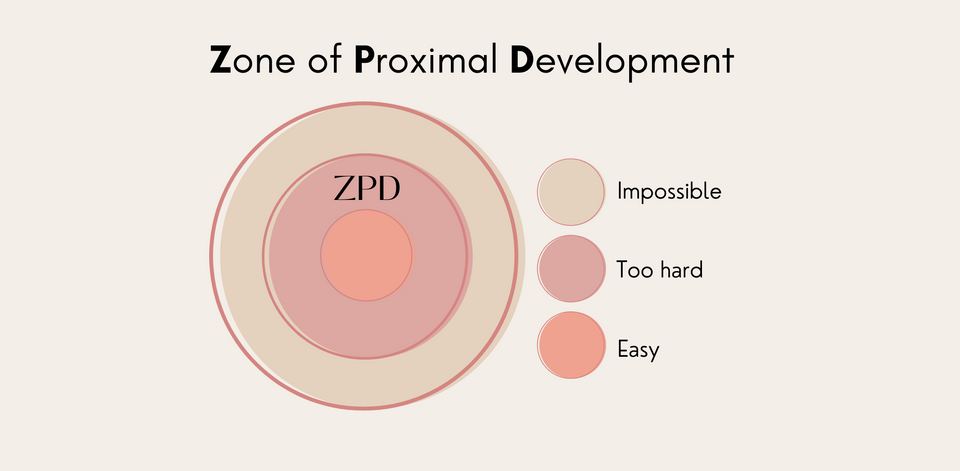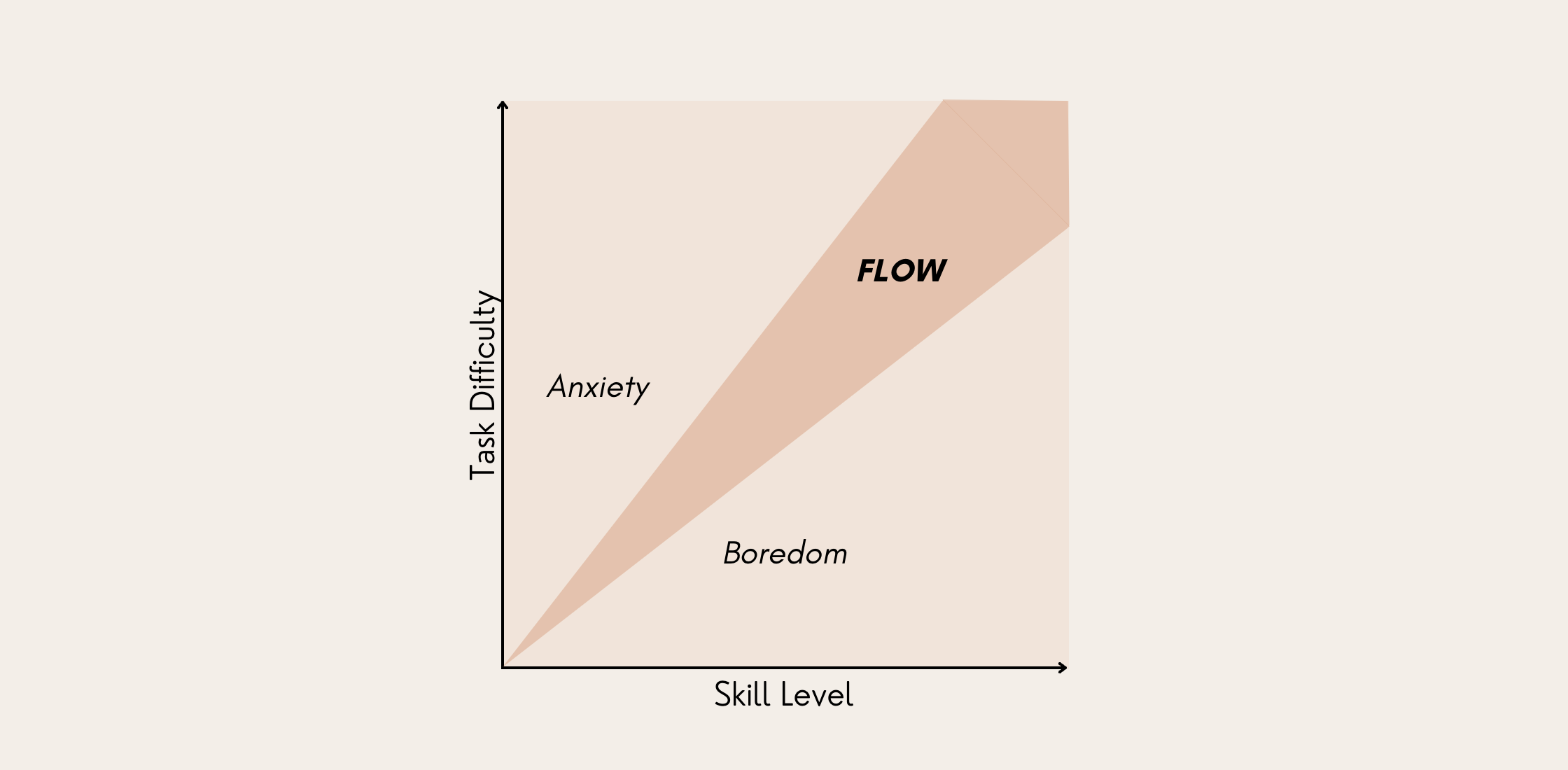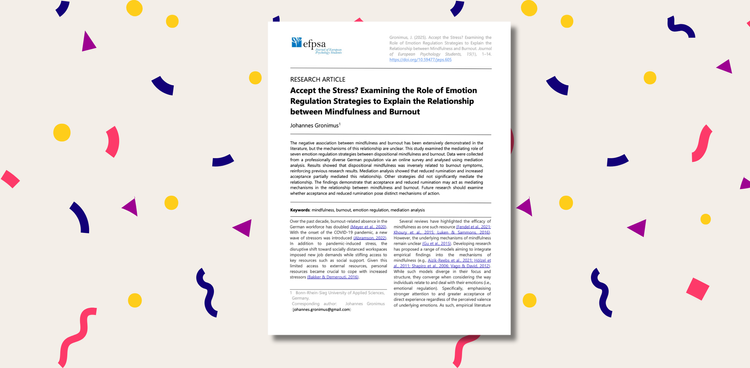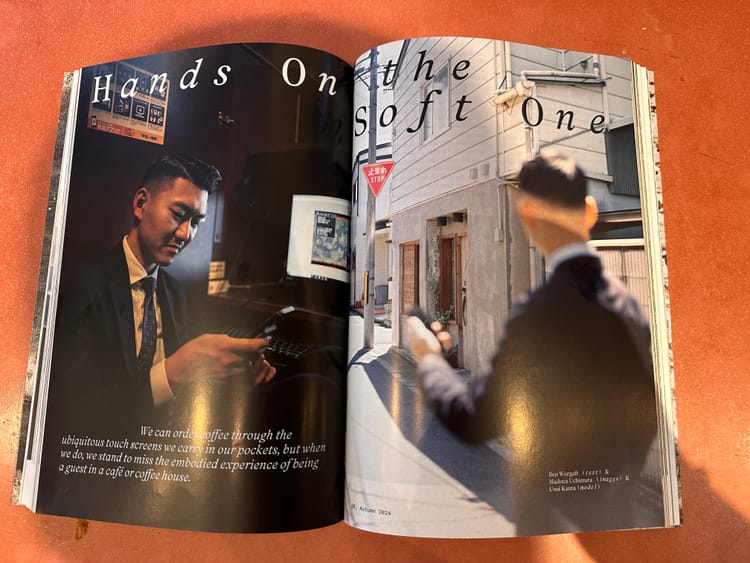Imposter Syndrome II

“I feel like an imposter often. That’s because my best work involves doing things I’ve never done before”
This is what Seth Godin say in The Practice. And given his background of success, that man truly has no business feeling like an imposter. But he makes a great point:
If it were easy, someone would've done it already. Or, more specifically, you probably would've done it already. So feeling like you're out of your depth is a valuable compass - it's probably exactly where you're supposed to be.
Psychology has known this for a while: In the 1970s, soviet Psychologist Lev Vygotsky coined the Zone of Proximal Development ("ZPD"). The sort of task just beyond your capability. In the ZPD, our learning curve is the steepest - we learn most effectively.
Mihály Csíkszentmihályi took this idea a step further when he developed his now-ubiquitous idea of the Flow State. The wonderful state where we lose track of time and the outside world - it appears when we tackle tasks in the ZPD. The ones right past your limits.

And this is where Seth comes back in. An imposter is, by definition, "a person who pretends to be someone else". To start working in the ZPD starts exactly there: Pretending that you're someone that can do this sort of task.
If you know exactly what you're doing, you're not in the ZPD. If you don't have the slightest clue of what the task needs from you, you're also not in the ZPD.
But between the two, where the outcome is uncertain, but you have a vague idea of how you need to grow to tackle this task: that's the sweet spot.
Feeling like an imposter is a good sign. Because if you're playing it right, you probably are. Right there in the ZPD, flowing along.
And the best part of the Practice: the ZPD is never static.
Every time you feel like an imposter and do it anyways, it moves further.




Comments ()